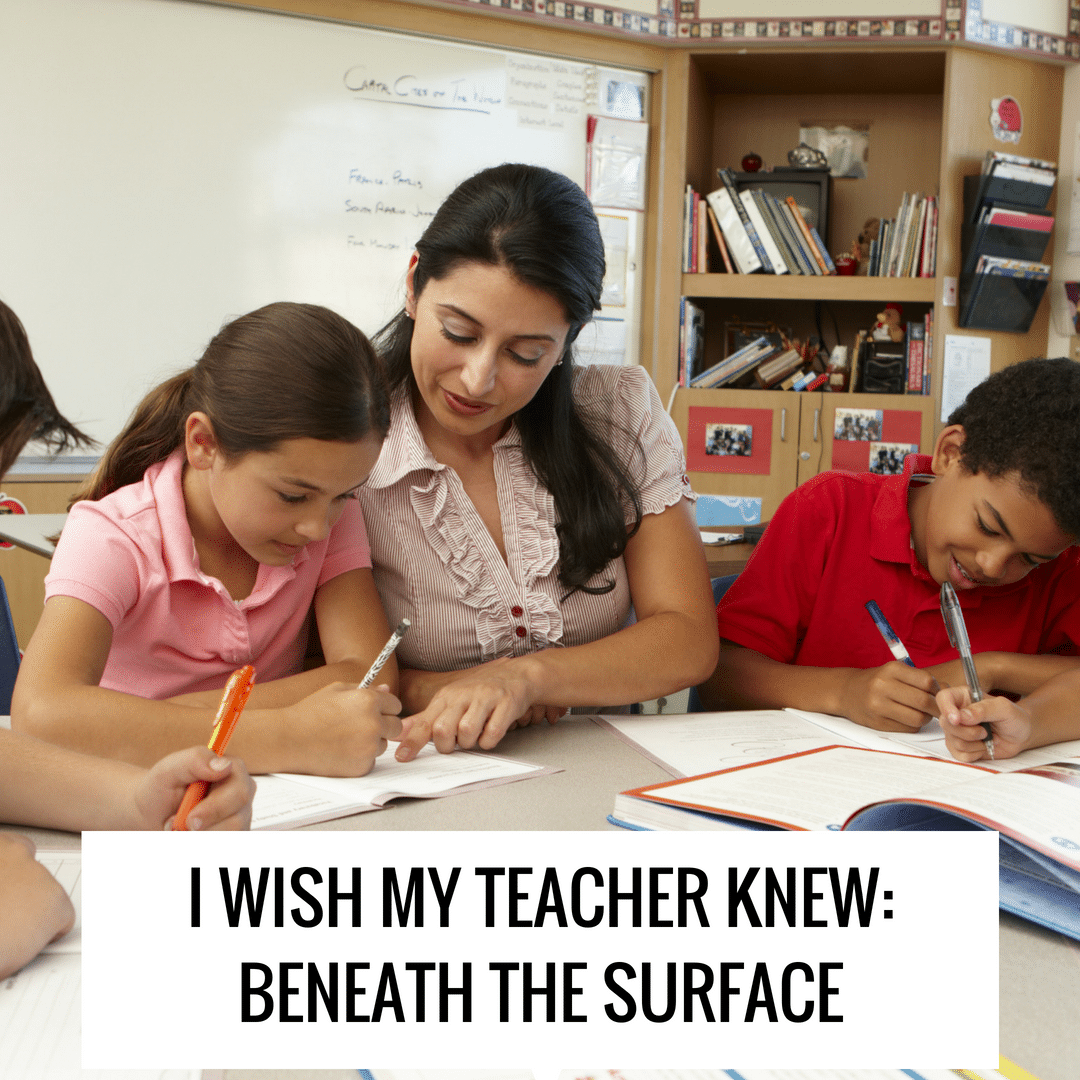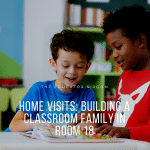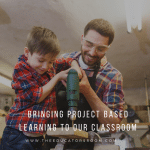In April of 2015, Colorado teacher Kyle Schwartz facilitated a writing activity in her third-grade classroom she called “I Wish My Teacher Knew.” Schwartz prompted students to complete the sentence “I wish my teacher knew…” with their own truths, hoping to understand her students on a deeper level. The activity yielded heart-wrenching responses from “I don’t have pencils to do my homework” to “I love my family” to “I don’t have a friend to play with me.” The exercise brought attention to student needs often hidden beneath the surface. It wasn’t long before teachers across the nation were presenting the prompt in their classrooms, and #IWishMyTeacherKnew came alive on Twitter.
Every year I facilitate Schwartz’s “I Wish My Teacher Knew” activity in my own classroom; though, I purposefully omit it from my long-term lesson planning. I save “I Wish My Teacher Knew” for times I notice students uniquely struggling in areas like motivation, relationships, following directions, or focus. When the hustle and bustle of teaching distracts me from the fact that the nine-year-olds in front of me have lives, responsibilities, and emotional experiences beyond the academic learning objectives I place before them, I know it is time to bring out “I Wish My Teacher Knew.” For me, it brings humanity back to the students in my classroom community at times when I am preoccupied with the checklists of school tasks to be accomplished. “I Wish My Teacher Knew” is my ever-relevant reminder that all behavior is communication and, when times get tough, students are trying to tell me something deeper than even my sharp teacher eyes can see.
Kyle Schwartz published a book entitled I Wish My Teacher Knew: How One Question Can Change Everything for Our Kids, sharing nuggets of wisdom the experience offers her as a teacher. Her reflections strike a chord with me as, this year perhaps more than ever, the “I Wish My Teacher Knew” prompt became overwhelmingly relevant to my own teaching journey. My students’ responses shed light on their experiences, thoughts, and feelings that, unbeknownst to me, were shaping my school year into most challenging yet undeniably most rewarding of my career. Below are some of the most impactful of their responses, and how the simple question truly changed everything for my kids and for me.
“I wish my teacher knew how I was feeling. I say I’m fine, but I am not.”
This reminded me a student’s behavior does not communicate a behavior’s cause. In moments of apprehension, distraction, reluctance, or even perceived “defiance,” students are showing me their feelings, even when they may not be able or ready to identify them in themselves. At the beginning of the school year, I noticed a need in my classroom for students to recognize, cope with, and regulate their emotions, and collaborated with my school’s Occupational Therapist to incorporate the Zones of Regulation framework in my classroom. Zones of Regulation provides students with tools to label and address their feelings, while also guiding interpretation of observable signs of others’ emotions. This student’s “I Wish My Teacher Knew” response is my brilliant reminder that caring for students socially and emotionally is an ongoing process. Students didn’t stop feeling once I completed the prepared Zones of Regulation curriculum lessons. The newness of spring in fourth grade and the feelings it brings, both “fine” and “not,” call for my awareness and guidance navigating.
“I wish my teacher knew I like her… I love you.”
Veteran teachers graciously and offer tokens of advice to pre-service teachers; in my experience, a recurring theme on the giving and receiving end has been, “Don’t take things personally.” Student words and actions can be easily internalized, from a statement like “I hate this” to failing to follow directions the first time to completing homework for another class during instruction. At times like these, I find myself referring back to one of my frequent teacher bytes: “Adults have amygdalas, too!” The amygdala is the brain’s emotional response system where “fight, flight, or freeze” instincts kick into gear. Teachers can and do feel frustrated and overwhelmed, and we respond to these feelings. Sometimes, our reactions to situations in the classroom, in word and deed, mask the fact that we like or even love our students. Even if I’m not necessarily “feeling the love” in the moment, we have the great ability to repair, reflect, and recover the loving teacher-to-student relationships that are undeniably present. To me, this statement said, “It might not always look like it, but I really do care.”
[bctt tweet=”Adults have amygdalas, too!”” username=””]
“I wish my teacher knew I am going to miss her.”
Summer is my favorite season. It brings me nostalgic feelings of quality time shared with family and friends outdoors under the sun. When I became a teacher, I realized not every child’s summer experience parallels mine. For some students, the end of the school year brings uncertainty and anxiety. These feelings are often onset by either the less-structured nature of summer or the unfamiliarity of the upcoming school year. They are exhibited in a variety of ways, ranging from more frequent hugs to more frequent meltdowns. It would have been difficult for a passerby to identify the author of the “I am going to miss her” statement in my classroom; his behaviors during the final weeks of the school were much less endearing than his written words. That being said, this clear contrast brought that much more power to the statement. I noticed an increase my gratitude for the time we did have left together as a classroom community. Once again, my fourth graders were teaching me. Things are not always what they seem; those reminders through “I Wish My Teacher Knew” made all the difference.






